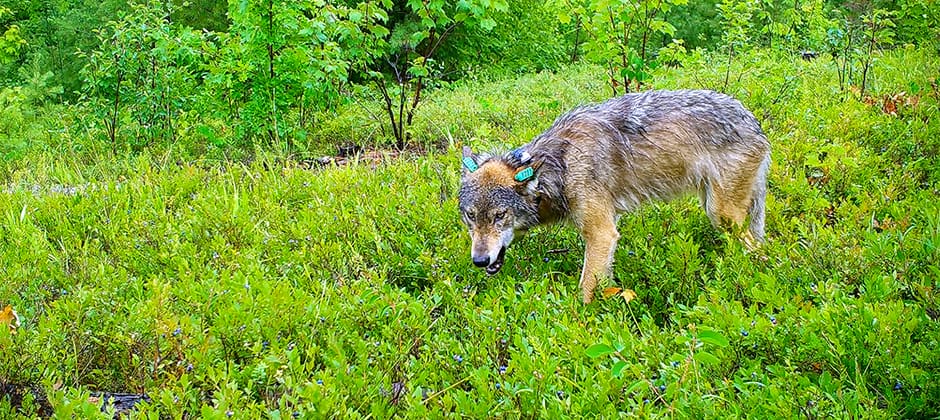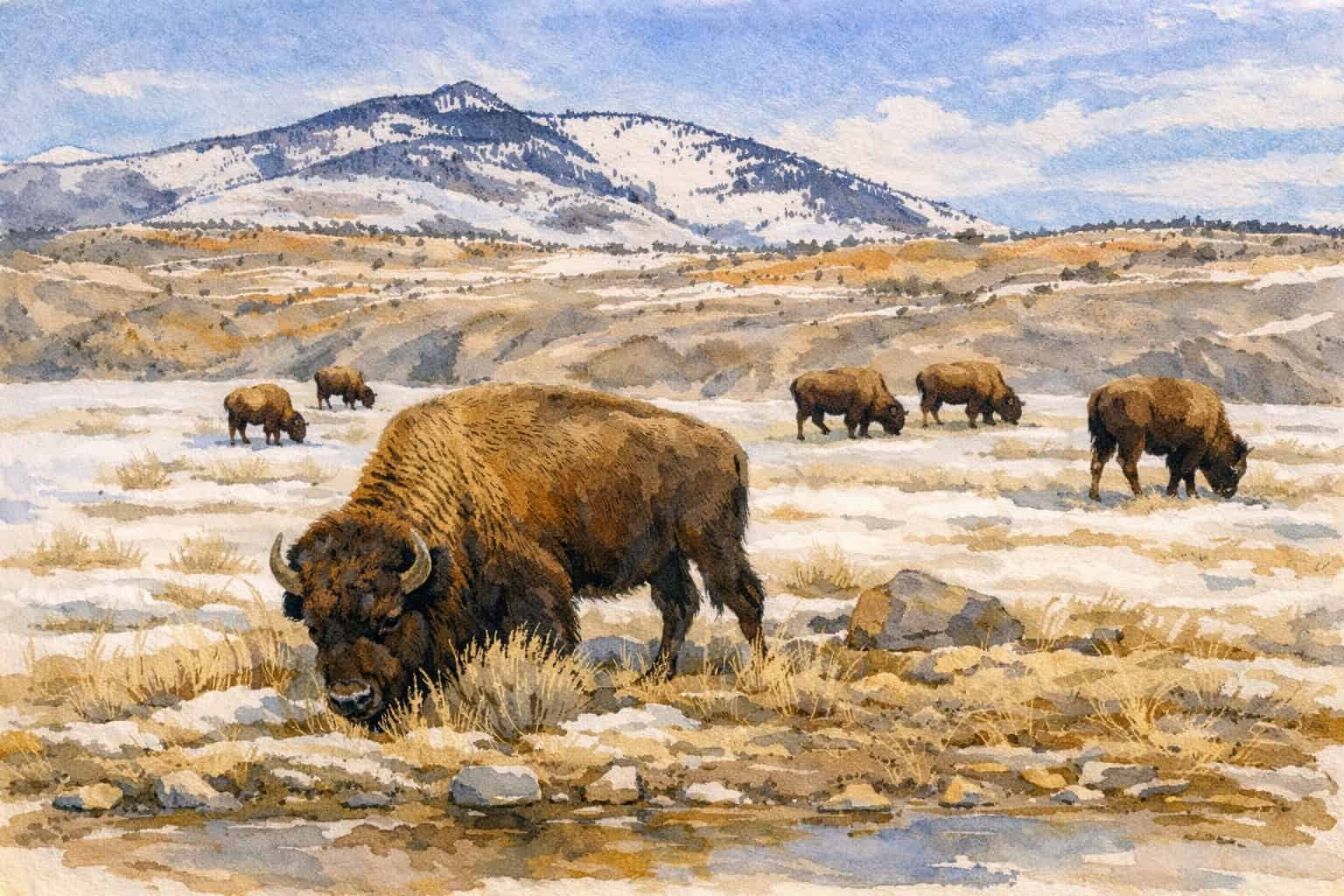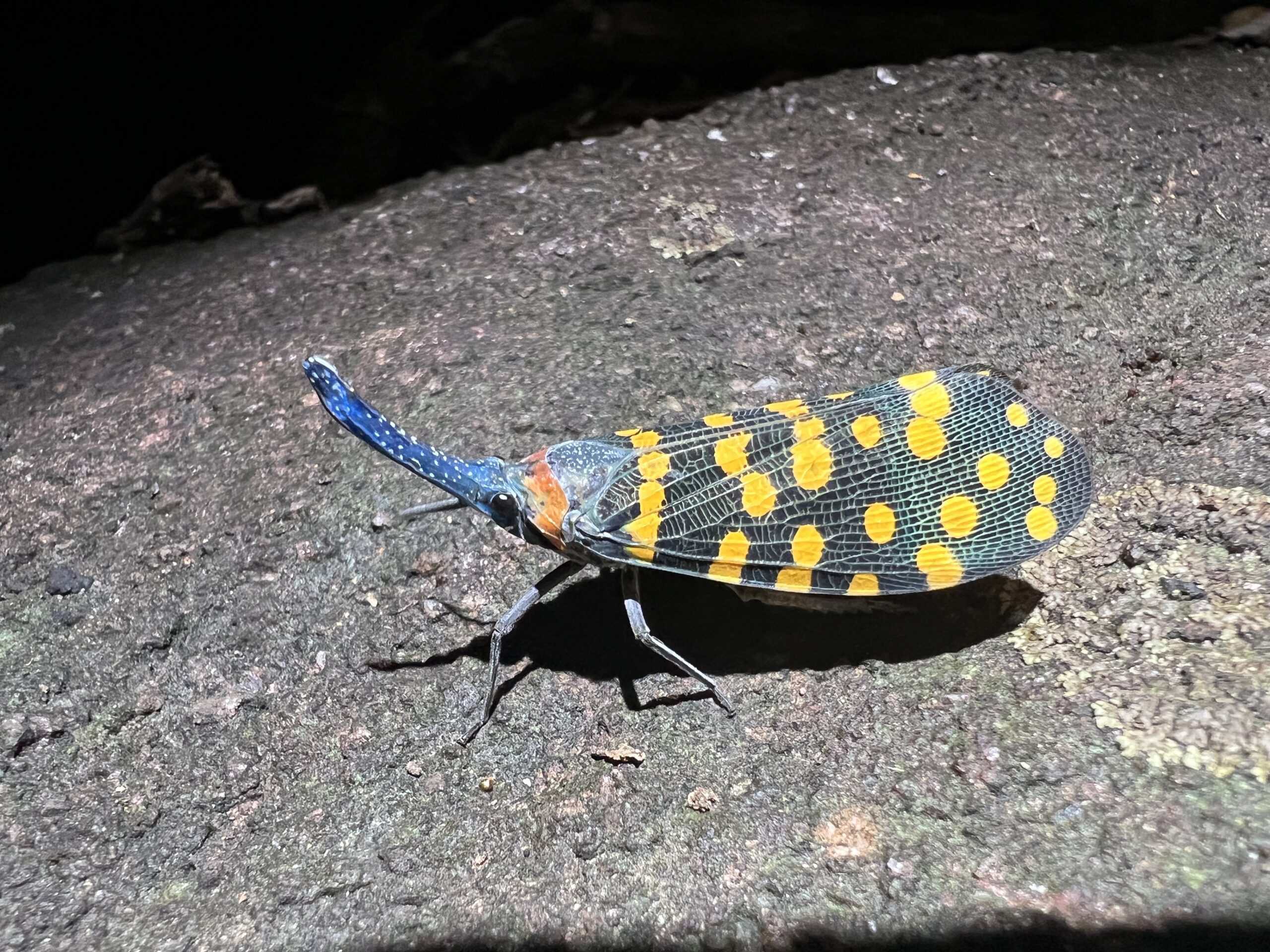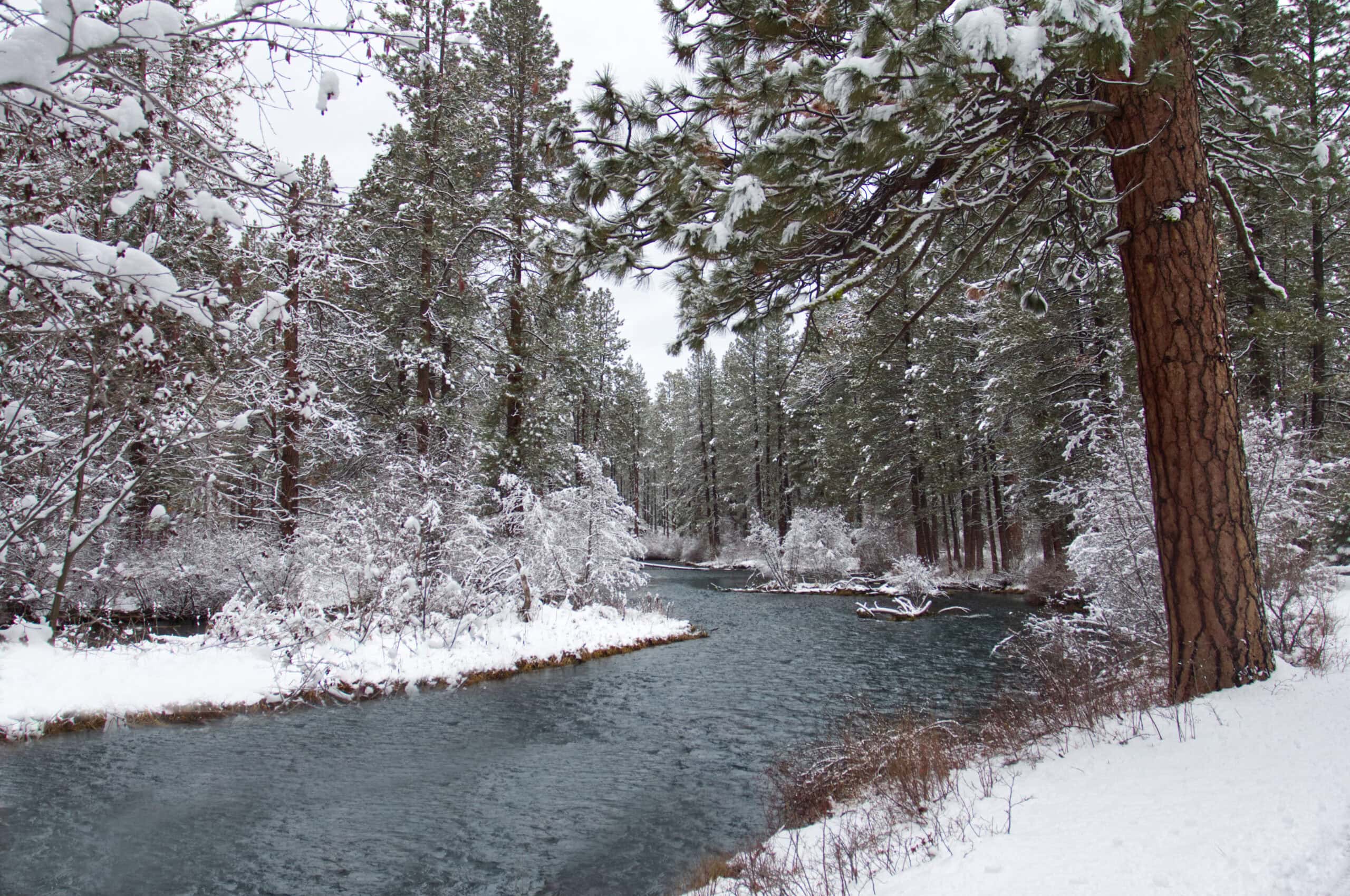Share this article
WSB: Blueberries surprisingly important in wolf diet
Blueberries may play a more important role than previously believed in the diet of adult wolves and their pups.
Biologists were tracking gray wolves (Canis lupus) near Voyageurs National Park with GPS collars as part of a larger study to understand more about their behavior ecosystem they live in. Whenever the animals spent time in a specific area, the researchers would visit those places to investigate whether the wolves had made a kill or whether they were spending time in the area for some other reason.
Austin Homkes, a research biologist at Voyageurs Wolf Project and the lead author of a study published recently in Wildlife Society Bulletin, was visiting what turned out to be a rendezvous site — an area where adults leave their pups while hunting — and came across a pack.
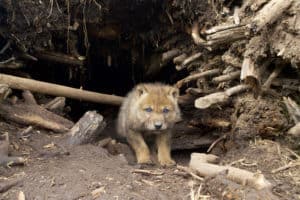
Researchers witnessed wolf pups eating regurgitated blueberries. ©Voyageurs Wolf Project
“We almost never see wolves, let alone pups, because [the bush] is super thick,” he said.
He found a place to sit and observe the wolves downwind and witnessed an adult returning to the rendezvous site with food for the pups. If food isn’t convenient for carrying, wolf adults will often eat it instead. Once they return to the rendezvous site of the pack, pups will lick the adults’ lips and whine, prompting them to regurgitate anything in their stomach.
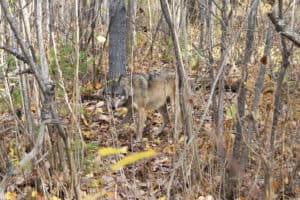
A wolf tagged in Voyageurs National Park. ©Voyageurs Wolf Project
Homkes observed one of these incidents, and after the wolves had left, he took a closer look at what was left of the vomit piles. He found that it was almost entirely made up of blueberries. “There were piles of just pure blueberries,” he said.
Scat analysis and a video trail camera had revealed wolves ate blueberries, but researchers were previously unaware how important they were for pup rearing and pup survival. Rendezvous sites are often near blueberry bushes, but this area didn’t have any. The fact that the wolves were bringing back blueberries from another site for their pups emphasizes their importance, Homkes said.
“If they bring these back, it suggests they might be more valuable food source than we thought,” he said. He added that the fruit may be well-timed, since deer fawns are usually larger and harder to catch at this point in the season, and beavers (Castor canadensis) stay in the water more than earlier in the summer.
“Plus, blueberries don’t run away,” he said.
Homkes said that this type of behavior is likely happening wherever wolves live in ecosystems with blueberries.
This article features research that was published in a TWS peer-reviewed journal. Individual online access to all TWS journal articles is a benefit of membership. Join TWS now to read the latest in wildlife research.
Header Image: A wolf eats blueberries in the Voyageurs National Park area. ©Voyageurs Wolf Project



